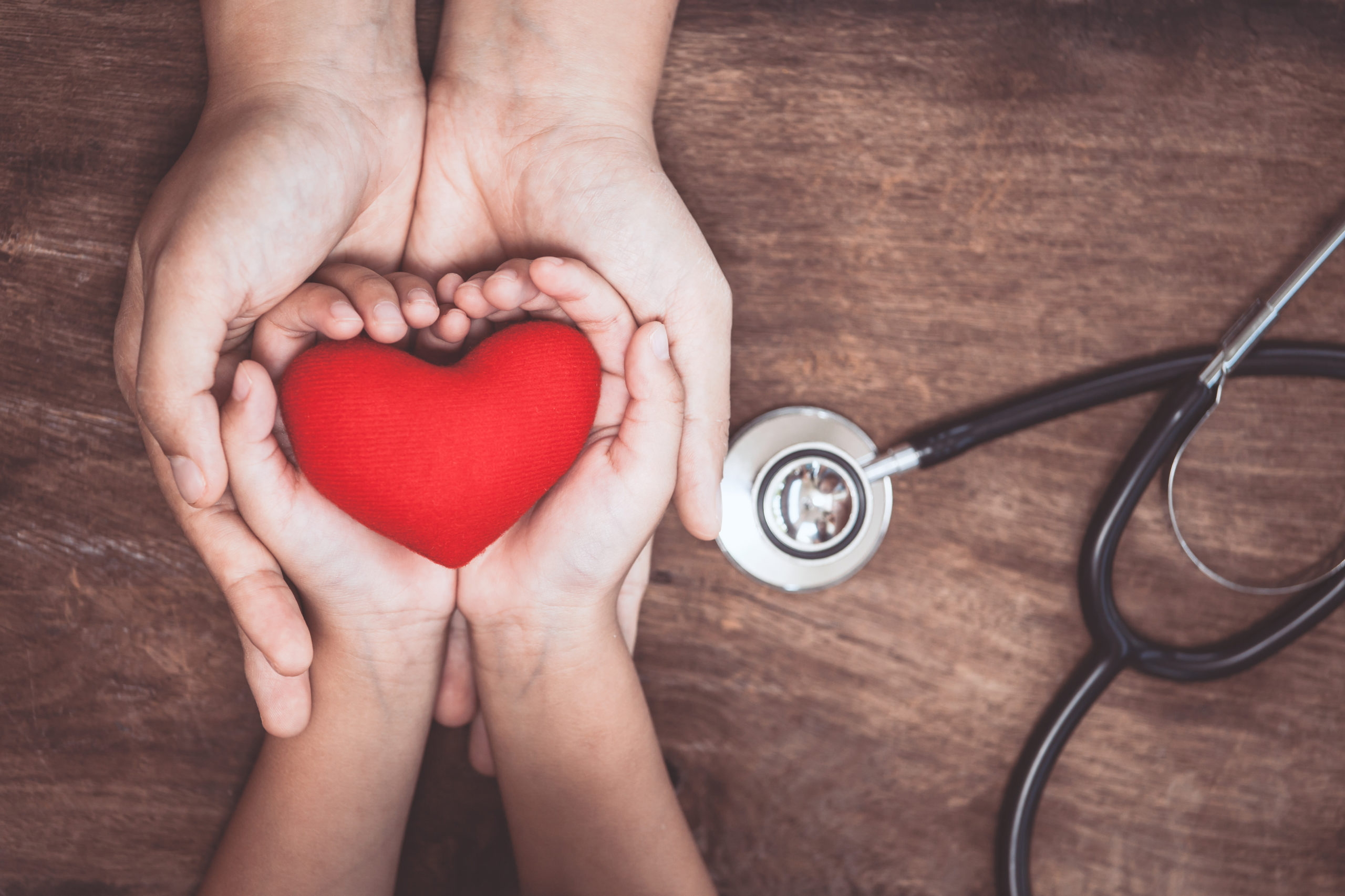Founded in 2008, “October 15 is Global Handwashing Day a global advocacy day dedicated to increasing awareness and understanding about the importance of handwashing with soap as an effective and affordable way to prevent diseases and save lives” (Global Handwashing Day, 2021).
According to the Global Handwashing Day 2021 Fact Sheet (Global Handwashing Day, 2021) just some of the benefits of hand hygiene are:
- Handwashing can reduce diarrheal diseases by 30%
- Handwashing can reduce acute respiratory infections by up to 20%
- Handwashing plays an important role in reducing the transmission of outbreak-related pathogens such as cholera, Ebola, shigellosis, SARS, and hepatitis E
- Hand hygiene is protective against healthcare-associated infections and reduces the spread of antimicrobial resistance
- Hand hygiene may contribute to the reduction of Neglected Tropical Diseases
During the pandemic, prior to access of a COVID-19 vaccination, the best way to protect public safety and prevention of transmission of COVID-19 was based on good personal hygiene. In addition to mask wearing, “individuals should properly wash their hands to prevent direct auto-inoculation” (Litchman, 2020).
While handwashing is always best, if soap and water are not available, the CDC recommends using a hand sanitizer with at least 60% alcohol. It is important to recognize that, “Alcohol-based hand sanitizers can quickly reduce the number of microbes on hands in some situations, but sanitizers do not eliminate all types of germs” (CDC, 2020).
EMMA International has the regulatory expertise in EUA documentation and submissions and has helped many companies pivot to manufacture hand sanitizers during the pandemic. During the period of the pandemic some of our most popular blogs on the topic included; Health Canada’s COVID-19 Interim Guidance on Hand Sanitizers and Marketing Your Hand Sanitizer During the COVID-19 Pandemic. This week the FDA stated that they will withdraw the temporary guidance for alcohol-based hand sanitizers that were developed to help match the demand for hand sanitizers in the early days of the COVID-19 pandemic effective December 31, 2021 (FDA, 2021).
EMMA International is here to help any company that stepped up to help during COVID, but now needs help to comply with the new regulatory requirements.
If you are manufacturing under an EUA for any product, check out EMMA International’s Quality Engineer, Gabe Kadoo recent blog, “Preparing for the End of Your EUA”.
EMMA International can help ensure you are compliant so your products can stay on the market to be FDA compliant. Give us a call at 248-987-4497 or email info@emmainternational.com to learn more!
References:
CDC (2020) Handwashing: Clean Hands Save Lives Retrieved from: https://www.cdc.gov/handwashing/show-me-the-science-hand-sanitizer.html
FDA (2021) FDA In Brief: FDA Withdrawing Temporary Guidances for Alcohol-Based Hand Sanitizers. Retrieved October 13, 2021 from: https://www.fda.gov/news-events/press-announcements/fda-brief-fda-withdrawing-temporary-guidances-alcohol-based-hand-sanitizers
Global Handwashing Day (2021) Global Handwashing Day Retrieved October 13, 2021 from: https://globalhandwashing.org/global-handwashing-day/
Litchman GL, Marson JW, Bhatia N, Berman B. Revisiting Handwashing – As It Is Absolutely Essential. J Drugs Dermatol. 2020 Nov 1;19(11):1127-1129. doi: 10.36849/JDD.2020.5557. PMID: 33196736.





